When asked “Do you have children?”, Valentin Constantinescu replied “8 children” which surprised the listener, but they were “6 dogs and 2 cats”. The witty answer showed that his Vietnamese proficiency was “not average”.
But the man born in 1985 believes that his Vietnamese is “normal”. “My wife said that I should speak better because I have been in Vietnam for more than 20 years, longer than the time I spent in Romania - my home country”.
Vietnamese is not difficult
Valentin was interviewed while he was on a trip across Vietnam and stopped in Da Nang . The trip lasted about a year and a half – with him, his wife and their dogs.
After 14 years living in Hanoi , 5 years living in Saigon and 1.5 years traveling from North to South, he said "nothing in Vietnam surprises me anymore", besides still cultivating new knowledge about Vietnamese every day.
In 2005, Valentin first came to Vietnam as a scholarship student at the Diplomatic Academy (then the Academy of International Relations). After 1 year of studying Vietnamese at Hanoi University of Science and Technology, he officially began his university program.
“When I entered university, my Vietnamese was only at a basic communication level, not enough to fully grasp the knowledge of difficult subjects such as politics, macroeconomics, philosophy, etc. But after that, my Vietnamese ability gradually improved.”
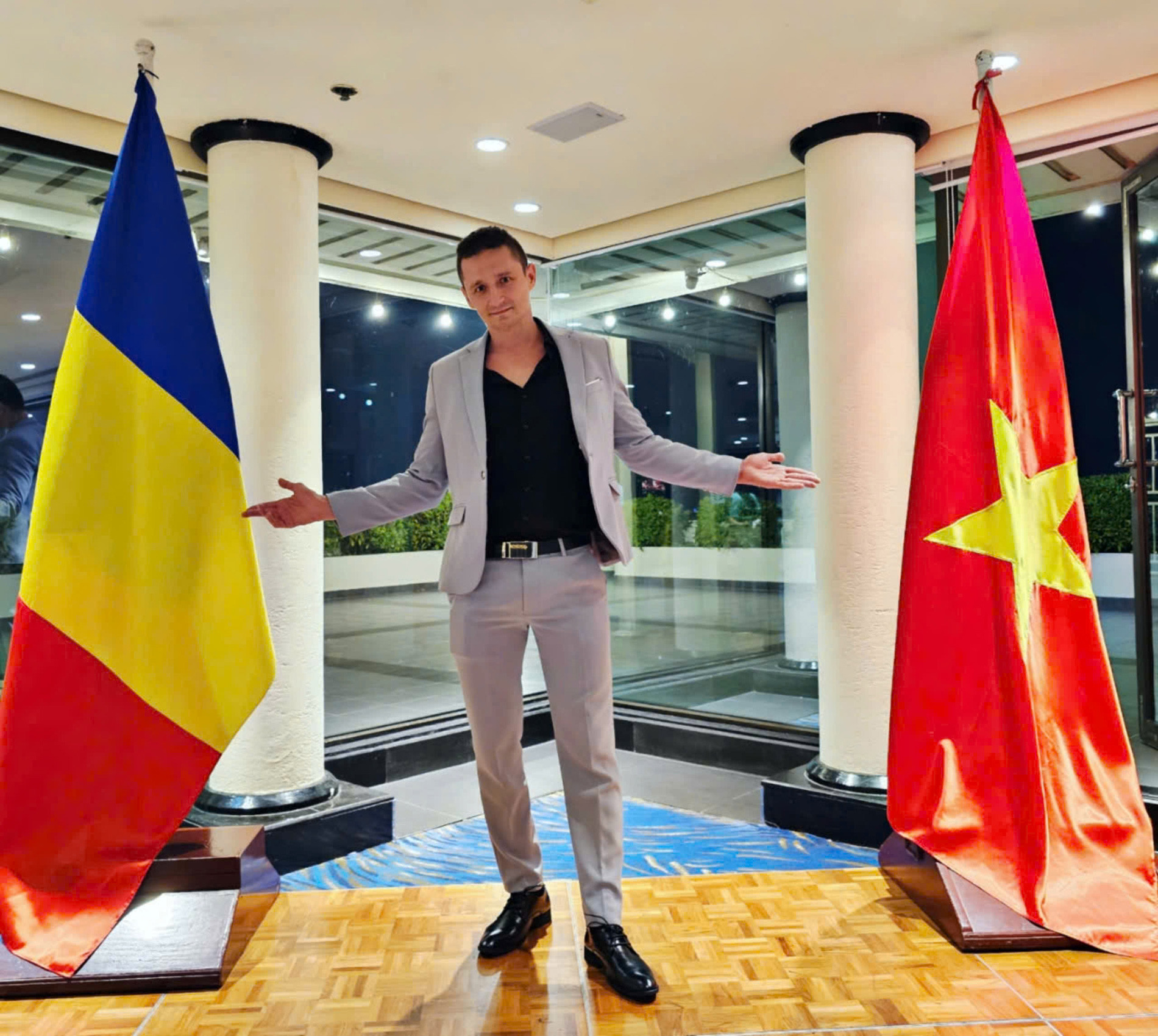
At the age of 19, Valentin went to Vietnam to study. He has lived in Vietnam for more than 20 years since then.
Valentin told a funny story he once met when he was a Westerner who spoke Vietnamese very well. “Back then, Grab did not have a good positioning system like now, so after booking a car, the driver often called the customer to ask for the exact location.
That day, I booked a car and also received a call from the driver asking for my location. After confirming my location, she arrived, I said 'it's me' then she waved her hand 'no, no, customer... customer...' (no, no, customer... customer - rough translation).
I said 'well I'm your guest', she still stubbornly refused and said some broken English 'I don't speak English'. I said 'ok, I know, I speak Vietnamese'.
After much arguing, she still did not understand. She took out her phone to call the 'guest' back, then my phone rang. I had to show her, then she was surprised, it turned out I was the guest who had talked to her before.
She said she thought he was a Vietnamese guest because she didn't think foreigners could speak like that.
Another time, in Ho Chi Minh City, Valentin encountered a misunderstanding in the opposite direction when he went to get his car repaired.
From afar, the receptionist recognized him as a foreigner. “He asked, 'Do you drink tea or coffee?' I replied, 'A coffee, please.' He said, 'Yes, yes.' Bringing out the cup of coffee, he said, 'You look very Western, sir!'”
It turned out that after hearing Valentin say a sentence in Vietnamese, the other employee thought he was Vietnamese. At that time, the “Westerner” just happily replied: “Thank you. You are a Westerner!”.
Valentin commented that Vietnamese is not difficult to reach the level of normal communication and daily exchanges. “But to understand idioms, sarcasm, jokes, and reverse speech of Vietnamese people is difficult.”
“For example, the word 'cha' is the same, but 'cha ai muon' and 'ai chung muon' have completely opposite meanings. However, this deeper knowledge was learned after I had already reached a basic level of Vietnamese, so it was not difficult anymore.”
He believes that Romanian has the “most difficult grammar in the world”. Currently, Valentin is fluent in 3 languages: Romanian, English and Vietnamese. He can listen and read French, Italian and Spanish well.
Will teach Vietnamese to foreigners

Valentin and his wife have been traveling across Vietnam for a year and a half now.
As an English teacher, Valentin said that depending on the students' level, he will teach in English or Vietnamese.
From the perspective of a “Westerner speaking Vietnamese”, he often surprises strangers with his Vietnamese speaking ability. He said that in Ho Chi Minh City, when people hear him speak Vietnamese, they are not as surprised as Hanoians. But they are surprised because he speaks the Northern dialect.
“In Saigon, there are more foreigners who speak Vietnamese than in Hanoi, but usually they can only say a few simple sentences. In Hanoi, the number of foreigners who speak Vietnamese well is the highest,” he shared his observation.
Explaining this, Valentin said that “because in Saigon, people from all regions flock here, there are many different Vietnamese accents, making it confusing for foreigners when they first learn. In the North, there is only one Vietnamese accent.”
In the near future, in addition to teaching English, Valentin will officially open a Vietnamese class for foreigners. As a person who knows many languages, he believes that although there are many textbooks teaching Vietnamese for foreigners, the teaching methods in the books are quite "fake".
“For example, people teach how to greet: Hello. How are you? Vietnamese people do not greet each other like that when they meet every day. That phrase is only used when they have not seen each other for a long time and is usually only used to ask elderly people.”
That's why Valentin wants to teach Vietnamese in the most understandable and natural way for foreigners, with the goal of "after finishing the course, listening to two Vietnamese people talking to each other, you will understand".
Vietnam is my second home
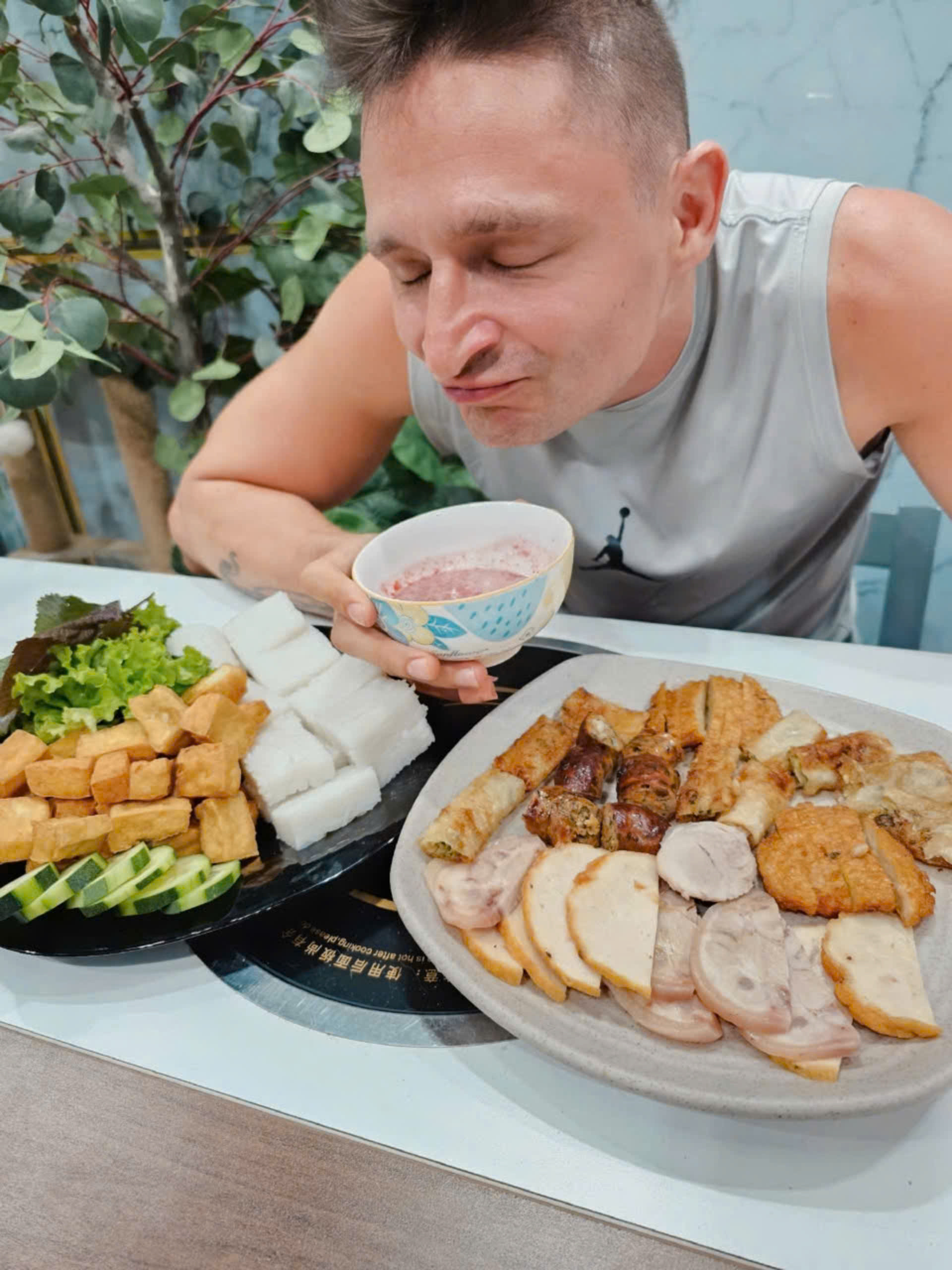
Valentine loves almost all Vietnamese dishes.
Living in Vietnam for more than 20 years, Valentin has set foot in most of the provinces and cities. He loves to travel to explore the place where he has spent more than half of his life.
“Vietnam is a long country, so each province is very different - from the weather to the accent and cuisine. But there is one thing in common: the personality of Vietnamese people is the same everywhere - cheerful, optimistic and friendly.”
When asked what he liked to eat, he said he loved Vietnamese food. “To answer this question, it’s best to say the opposite. There are only two dishes I don’t like: blood pudding and durian. The rest, I love Vietnamese food, including vermicelli with fermented shrimp paste.”
“I also like Vietnamese music. Vietnamese music is very romantic, often talking about love... In 2004, when I first came to Vietnam, the first songs I heard and liked were “Hay ve day ben anh” by Duy Manh, “Chiec khan gio am” by Khanh Phuong,… Now, I like Soobin. To me, he is like the Bruce Marc of Vietnam”.
For 19-year-old Valentin, Vietnam’s traffic is truly “scary”. When he first arrived, he found the streets full of motorbikes and the way people crossed the street… very strange. But after 20 years living in Vietnam, now “I do the same”.
“When in Rome, do as the Romans do” – Valentin confessed with a laugh.
Source: https://giadinh.suckhoedoisong.vn/chang-tay-lam-re-ha-noi-noi-tieng-viet-nhu-gio-ke-chuyen-hai-huoc-khi-di-taxi-172240923081525254.htm


![[Photo] Prime Minister Pham Minh Chinh receives the delegation of the Semiconductor Manufacturing International (SEMI)](https://vphoto.vietnam.vn/thumb/1200x675/vietnam/resource/IMAGE/2025/11/06/1762434628831_dsc-0219-jpg.webp)
![[Photo] Closing of the 14th Conference of the 13th Party Central Committee](https://vphoto.vietnam.vn/thumb/1200x675/vietnam/resource/IMAGE/2025/11/06/1762404919012_a1-bnd-5975-5183-jpg.webp)




![[Video] The third National Press Award "For the cause of developing Vietnamese culture"](https://vphoto.vietnam.vn/thumb/402x226/vietnam/resource/IMAGE/2025/11/06/1762444834490_giai-bao-chi-vh-3937-jpg.webp)

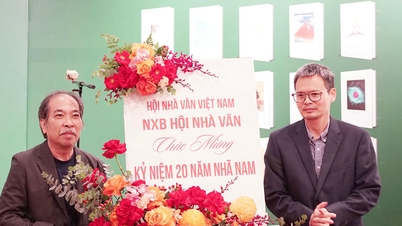












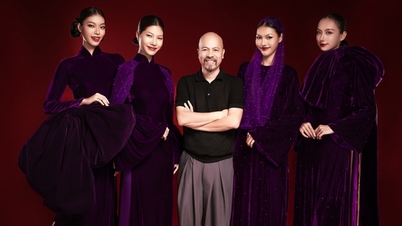
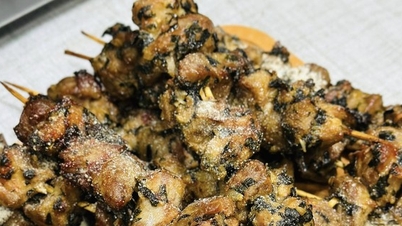









































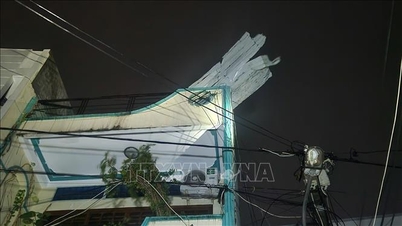

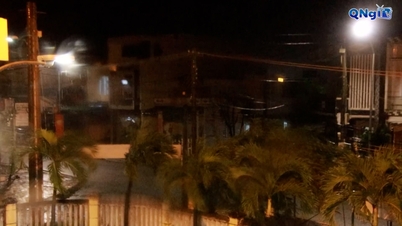



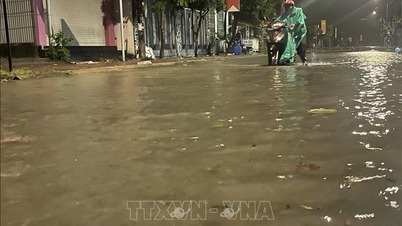

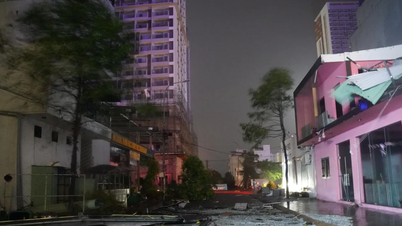









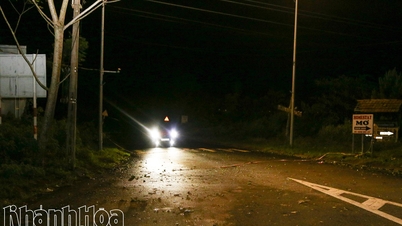

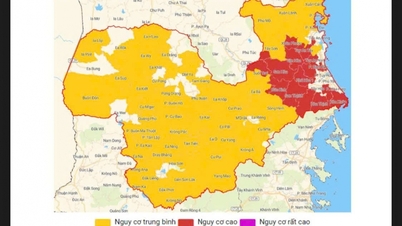

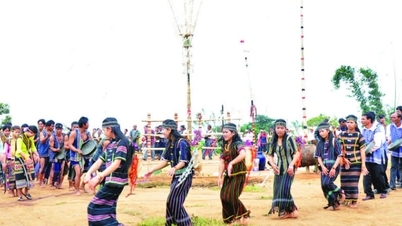


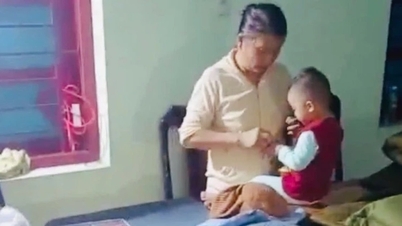
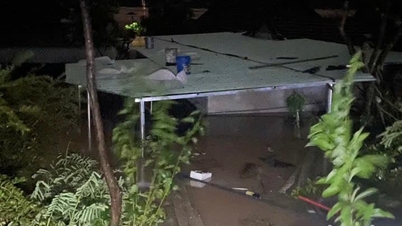














Comment (0)